What Are Fleas?
Fleas are wingless, blood-sucking pests that carry diseases and cause serious health problems in your house. They are parasites that take shelter on the external area of the surface or body of the host. Back in the middle ages, they were a significant factor that contributed to the death of a quarter of the population of Europe.
Fleas on Cats
How to know if your cat has fleas?
Before you start investing in flea treatments, the following steps will help you find out if these pests are settled or not;
- Look out for movement on your cat’s fur; if you spot little bugs flying around, it’s probably time for you to declare war.
- Brush your cat’s hair and fur with a metal flea comb. This way, you can quickly point out tiny insects, and it will kill off adult fleas and their eggs. Doing it several times a day may aid in reducing your cat’s itchiness.
Once you’re done with your comb, soak it in lukewarm water with a pinch of liquid detergent to destroy fleas and any of their remaining effects.
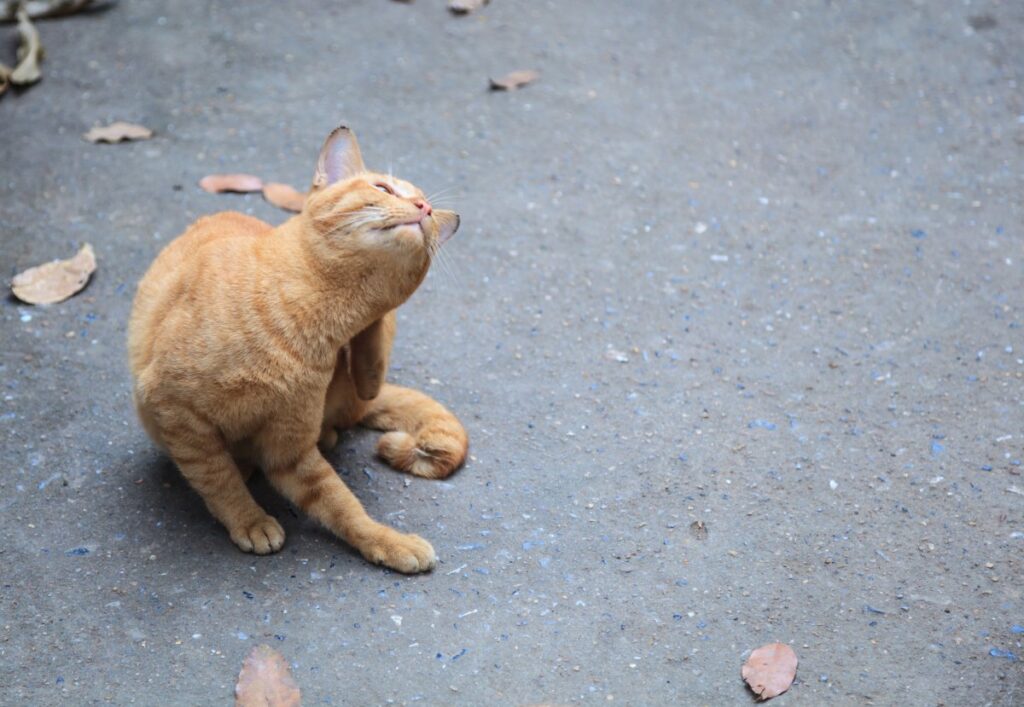
Flea Treatment for Cats
To dispose of bugs, you’ll need to battle them on a few fronts;
- To kill live bugs on your pet, wash your cats with a bug cleaner made particularly for the species. Remember that the cleanser starts to work after your cat is out of the shower.
- Another choice, flea dip, is an effective solution that you don’t wash off. Since cats can then ingest the compound by licking themselves, a few specialists don’t recommend flea dips. Discuss with your veterinarian prior to utilizing it
- The synthetic substances in various items don’t consistently blend and might hurt your kitty. Try not to use flea shampoo or other substances on cats as the concentrated chemical solvents might harm them. Assuming that you have any inquiries concerning whether a treatment is ok for your feline, ask your veterinarian.
- Clean your home. Vacuum your house entirely and wash your cat’s bed sheet, covers, and soft toys.
- Utilize a fogger if essential. Assuming the infestation endures, you might have to mist your home with insect-killing synthetics like Methoprene or Fenoxycarb. These items should be used with care. Remember to adhere to all directions written on the instruction manual and never leave any pets or individuals inside while the fogger is used.
Some home remedies to prevent fleas that will make your life easier:
❖ Lavender and Chamomile
A delicate method for relieving your pet’s skin- lavender is a strong and effective catalyst to prevent fleas. Indeed, a few experiments have shown that recipes containing watery lavender solutions were similarly as compelling at killing fleas as local chemical sprays. To effectively utilize lavender in your home, let your lavender plant soak in water for the time being before stressing the fluid and showering it onto your cat’s fur.
Another compound known for relieving the rash in your pets is chamomile tea. This can similarly be used to kill fleas on your cat. You have to steep the tea and, after it is thoroughly cooled, apply the liquid to your cat’s fur. You can keep repeating this procedure till necessary.
❖ Spices
Probably the most effortless thing you can accomplish for a flea-plagued cat is to spice up their existence with typical ingredients you may find in your kitchen. Due to a characteristic compound known as carvacrol, oregano oil can be highly viable at eliminating fleas from your cat’s life. Start by blending one teaspoon of oregano oil with three teaspoons of olive oil and apply limited quantities of the mixture onto regions where fleas often gather; these places can include your cat’s ears, stomach, tail, and neck.
Additionally, fleas don’t go well with rosemary; have a go at crushing the leaves into a powder and sprinkling it in the places where your cat will generally hang out in your home.
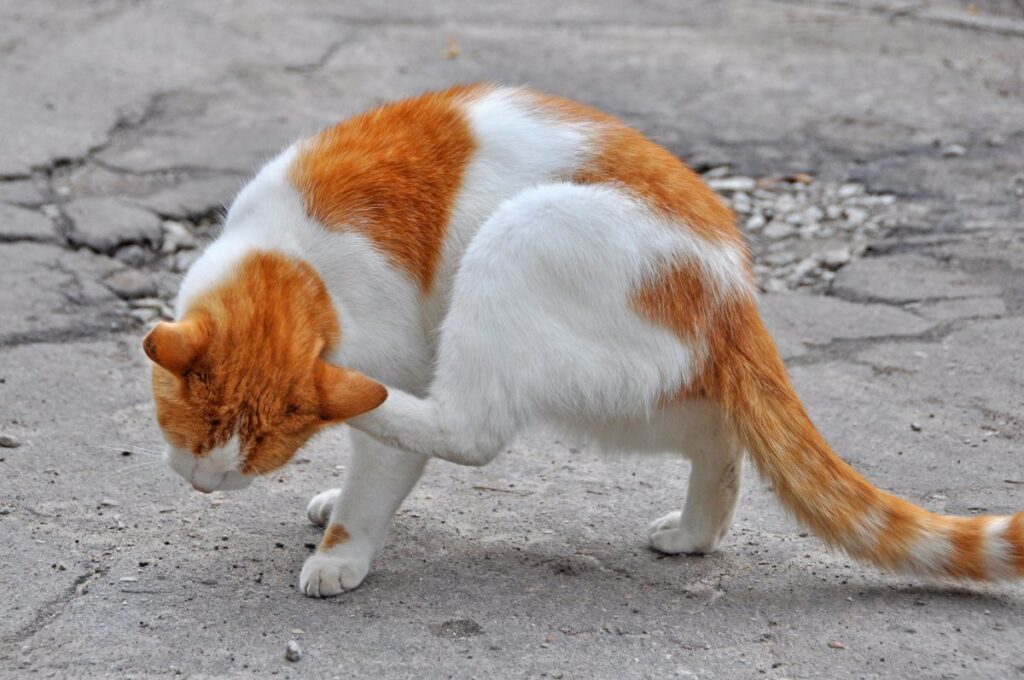
Ways To Prevent Fleas
Protecting yourself and your loved ones from these parasites is essential for having good well-being. You can take the following steps in order to take precautions against the spread of fleas in your house.
#1- Frequent anti-flea treatments. This is an ideal treatment not only to kill the group of fleas that cover your cats but also to prevent new fleas from setting camp in your house or on your pets. An alternative option to flea treatments can be flea collars to put on your cats; however, these may not be the most effective way as they work less when they are further away from the pets. Additionally, they also cause hair loss and rashes around the neck.
In light of these treatment options, you should be very cautious regarding the treatment you do on your pets. Make sure you’re not mixing your dog’s treatment with your cat’s because, essentially, both their treatment products are different from each other and can affect both of them in a deadly manner.
Moreover, regarding the collar treatment, do not get flea medallions for your cats because those are hanging disks from the collar and can mix into their water while drinking, adding harmful chemicals into the primary source of your pet’s hydration. Therefore, you must be very careful regarding this contact.
Another effective option could be flea sprays, but do not spray them on your cats because they are highly concentrated in chemicals; instead, spray over your carpets and furniture to achieve overall protection.
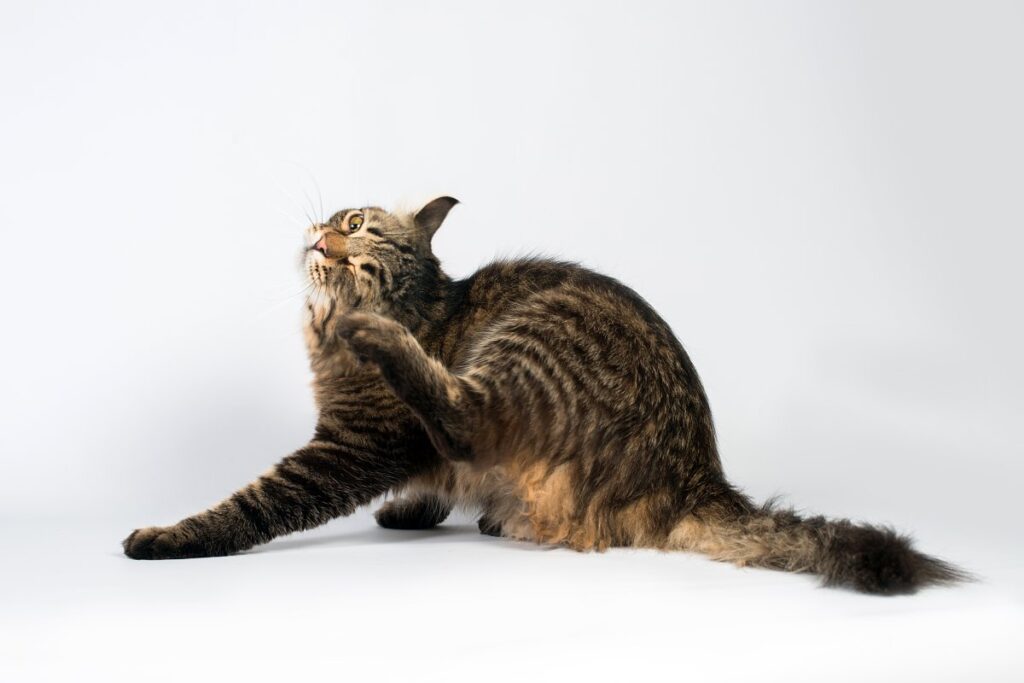
#2- Perform frequent and thorough water showers on all the areas of your lawn and garden where your cats mostly hang out, especially during summer.
#3- Maintain cleanliness in your den, make sure to dispose of your vacuum bags frequently, and if possible, attach flea collars to the bags in case there are live fleas hatching eggs there. Also, clean your cat’s sleeping area as much as possible because that is an attractive location for fleas.
#4- Watch out for dandruff-like flea eggs or droppings in your cat that are black, tiny, and curly. If you spot these, get your place cleaned because these are major signs of fleas hovering around your place.
Hope you liked this piece and found this information helpful!

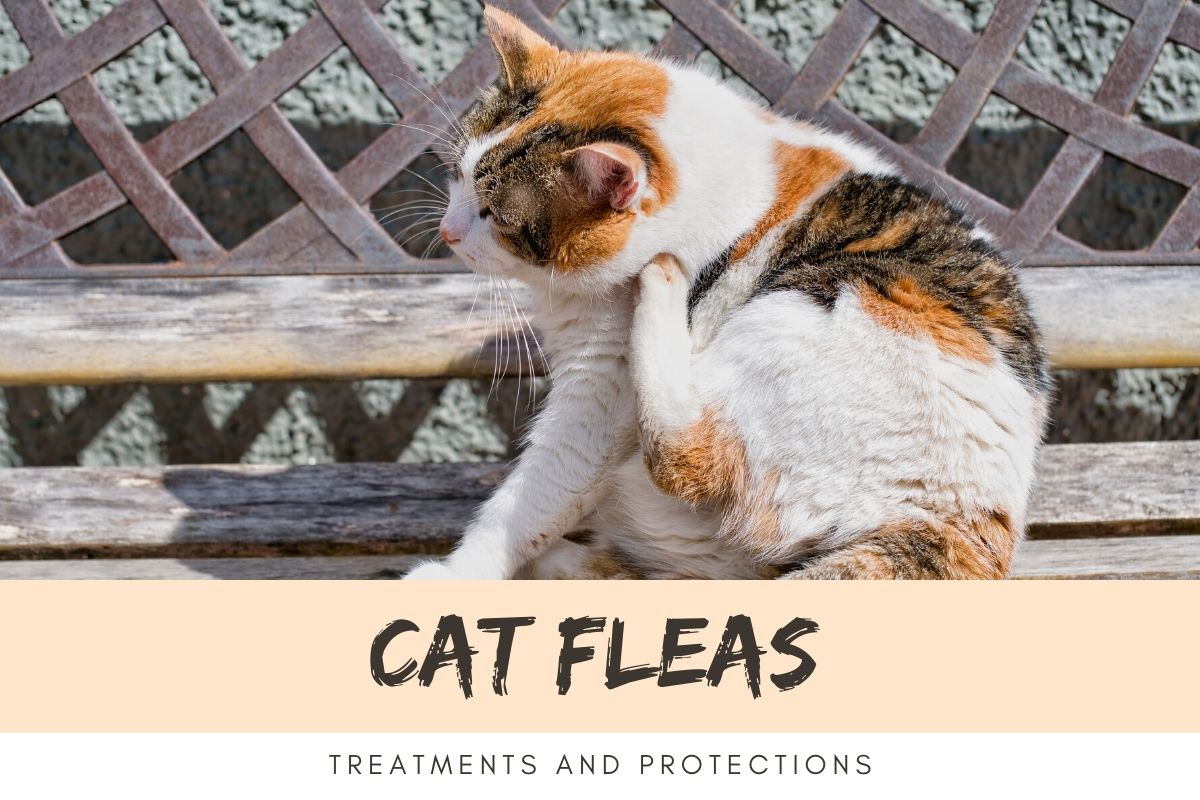
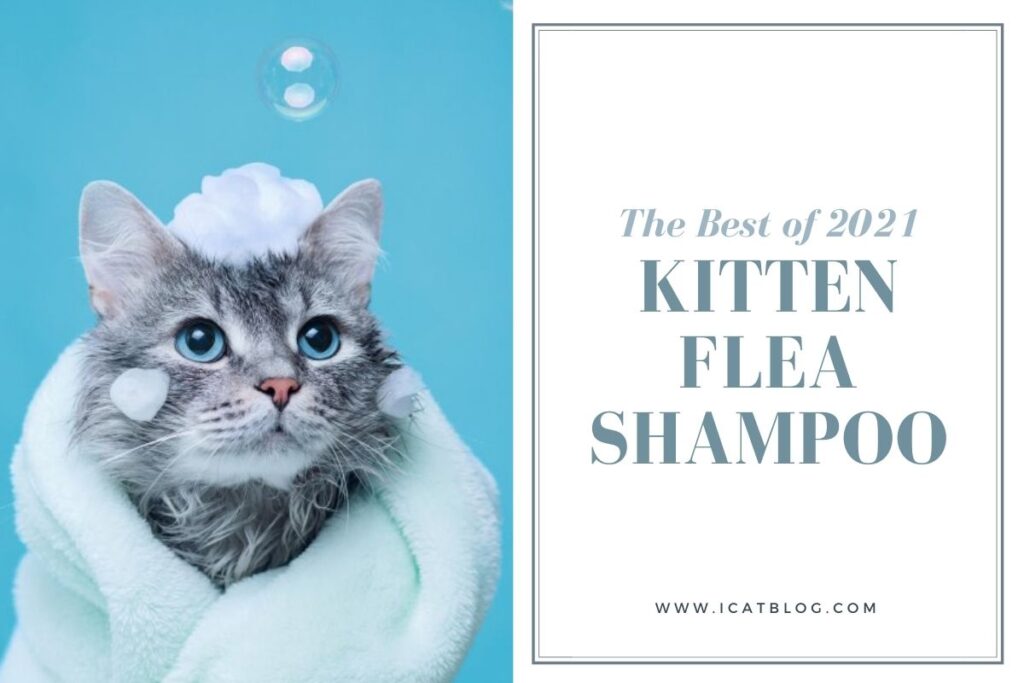

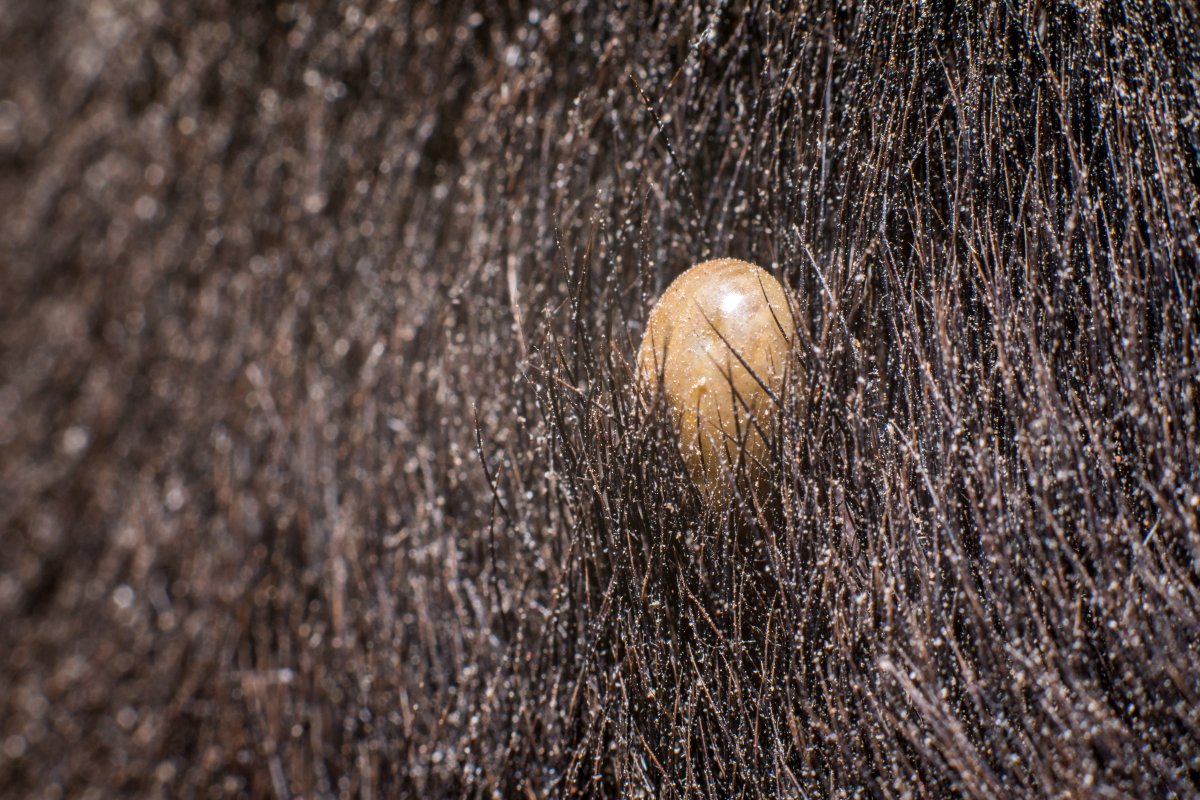
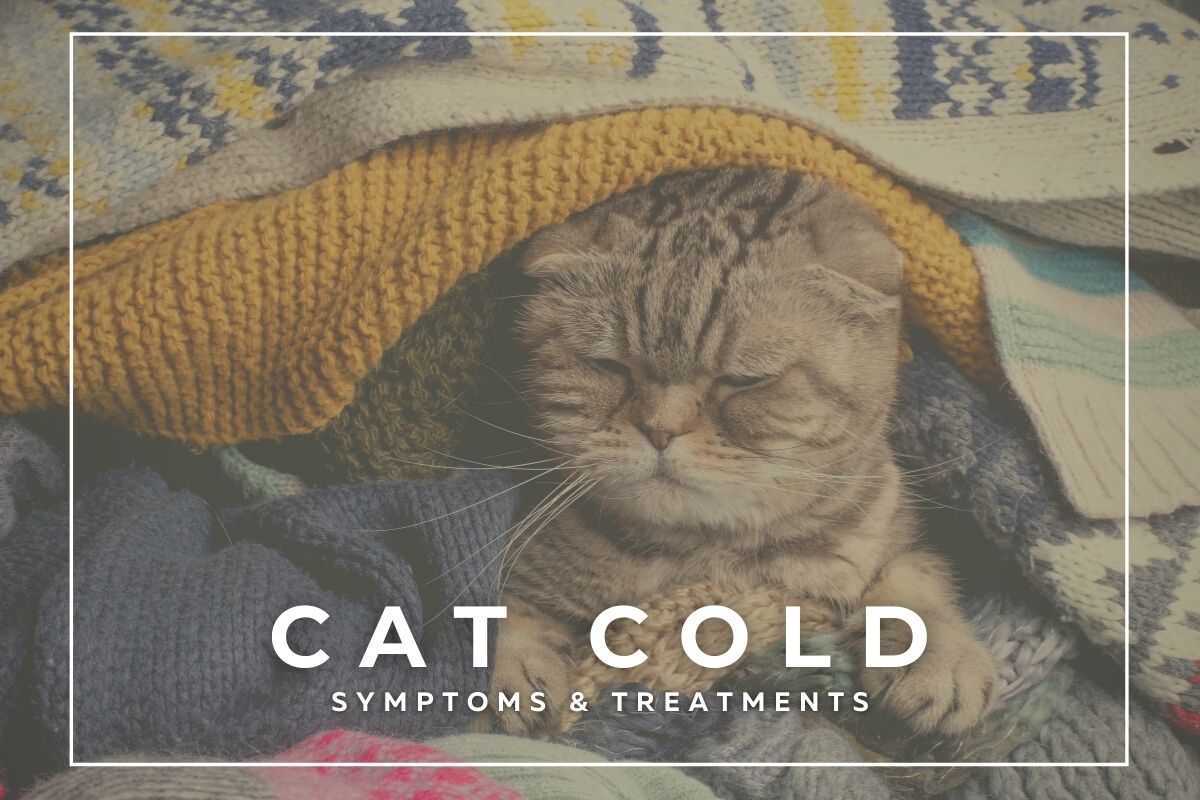
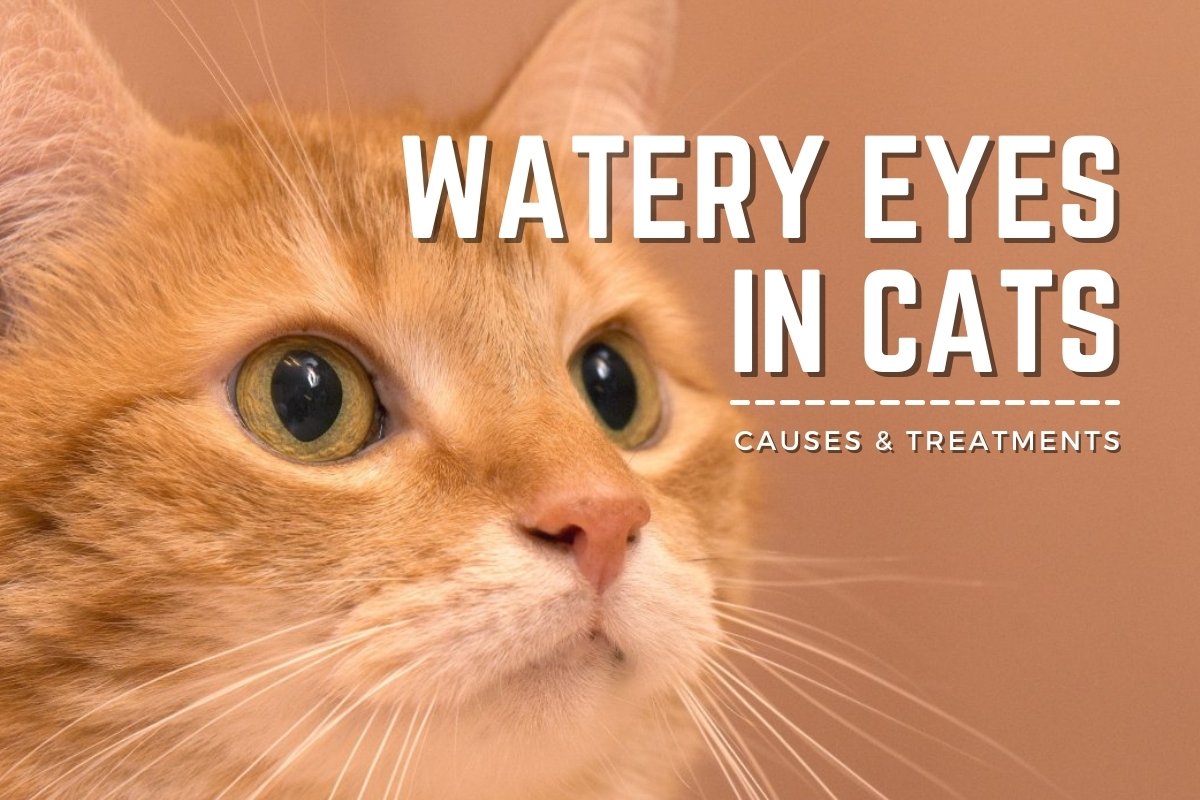
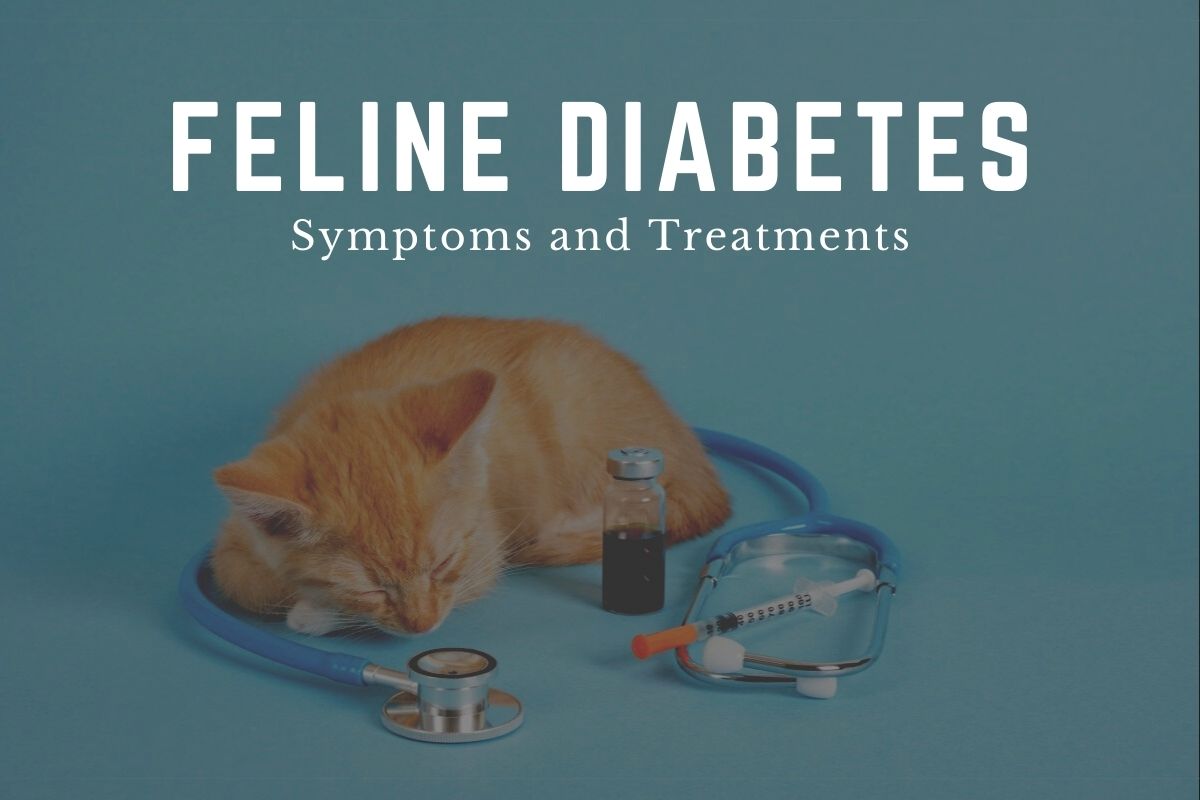
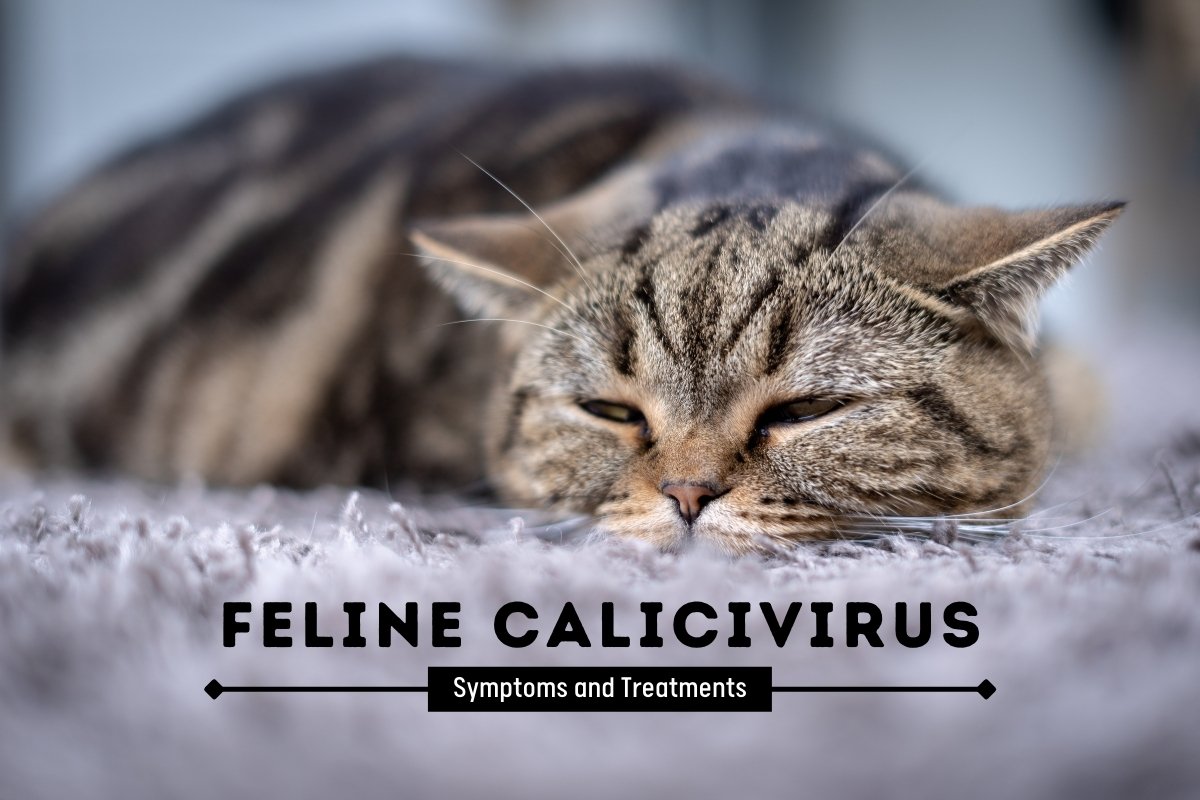
1 comment